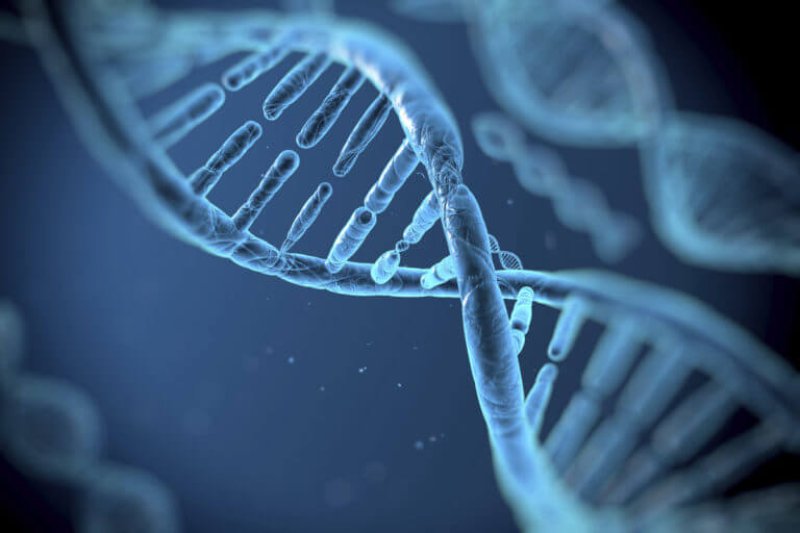The idea of genome editing is no longer a theoretical concept studied only within the confines of labs and scientific research institutions. In August 2017, scientists reportedly managed to successfully use the genome editing technique to correct a disease-causing mutation in viable human embryos.
…
Though the technology is still in its infancy, its potentially transformative effect is no longer confined to pure theory and speculation. Chinese scientists have already deployed CRISPR-Cas9 to genetically edit several people. Right now, the European Union and the U.S. Food and Drug Administration have begun the process of regulating and ultimately permitting the use of CRISPR-Cas9 for initial genomic editing on plants and ultimately, for humans.
CRISPR-Cas9 offers the possibility of tackling diseases that were previously thought of as incurable—in China, a significant portion of those undergoing genome editing treatment did so to combat esophageal cancer, leukemia, and HIV.
In the wake of potentially significant side-effects of the technology, some people might be inclined to reject its introduction.
…
Instead of falling prey to a default mode of skepticism that undermines discovery and human achievement, we should strive to combine sensible regulations with an aspirational mindset that is open towards new technologies. Such an attitude of permissionless innovation creates social values that hold the constant strife for greater human achievement in high regard instead of dismissing it with a mindset of cynical skepticism.
Read full, original post: Will Government Allow Gene Editing for Cancer Treatment?































